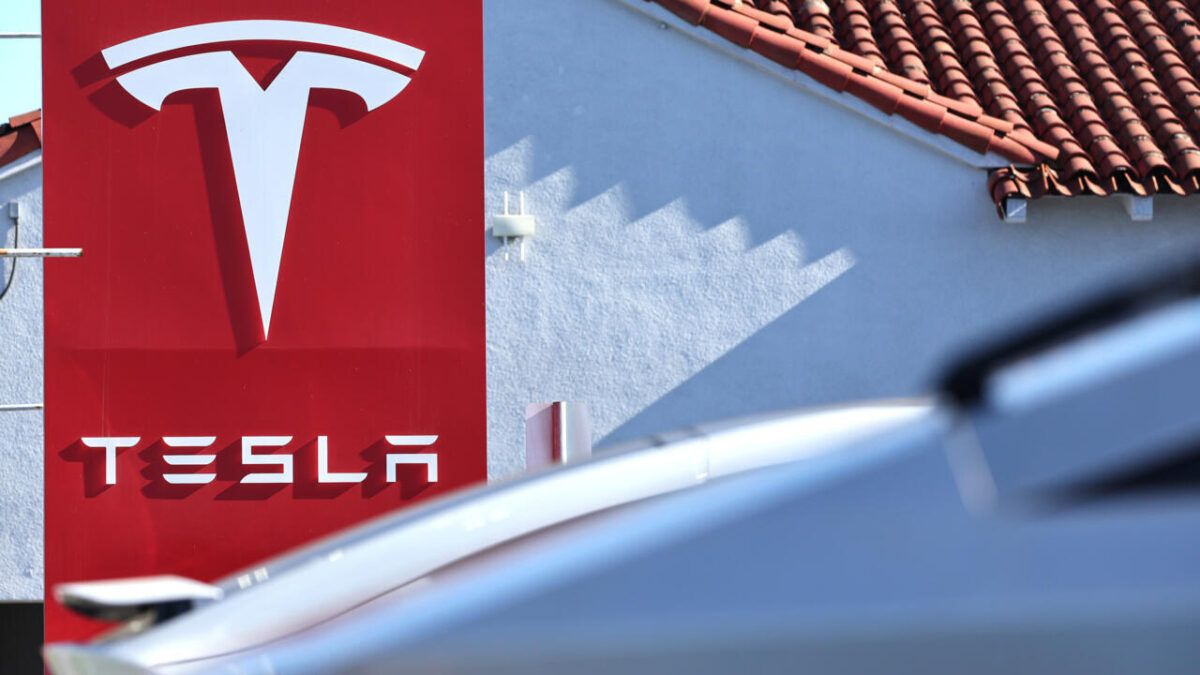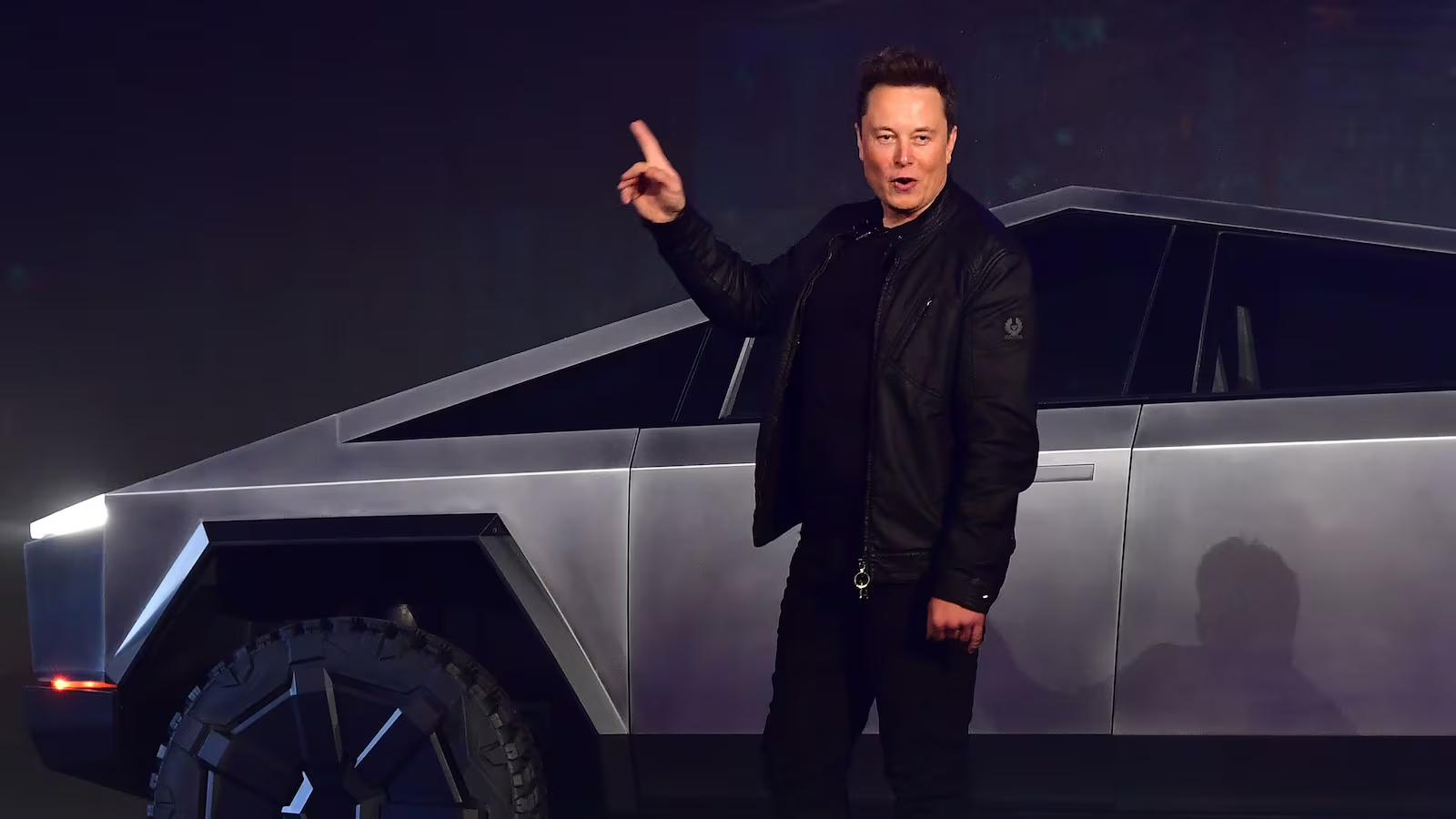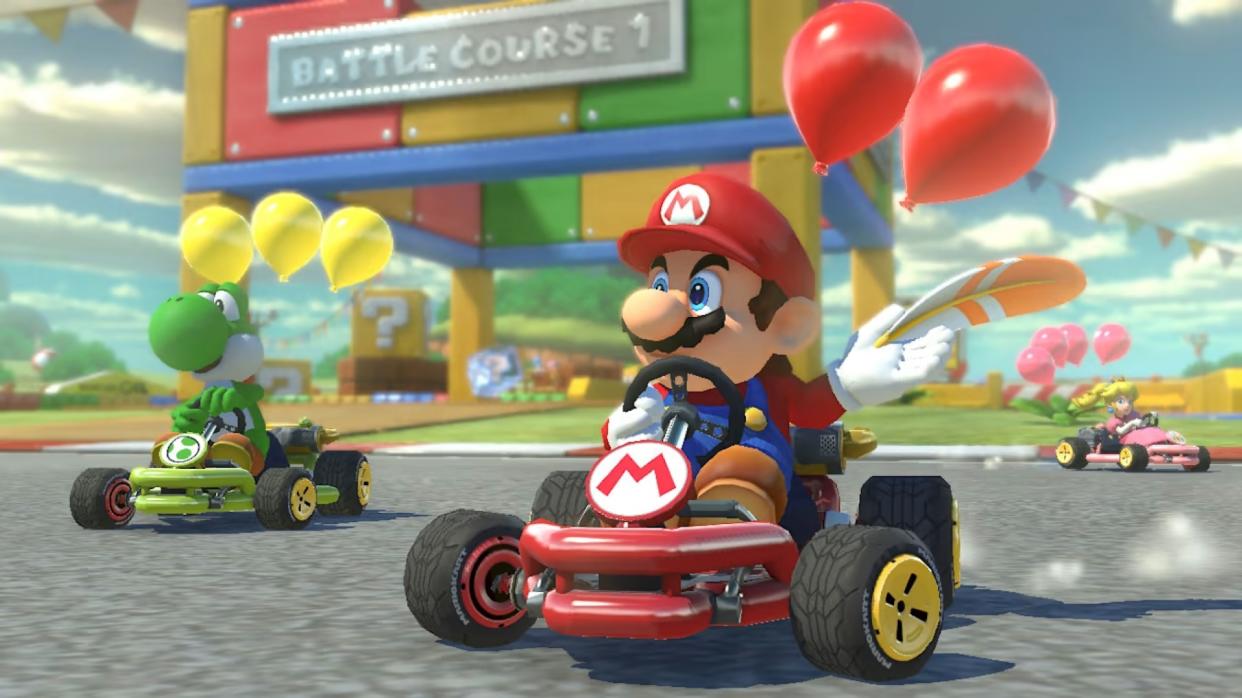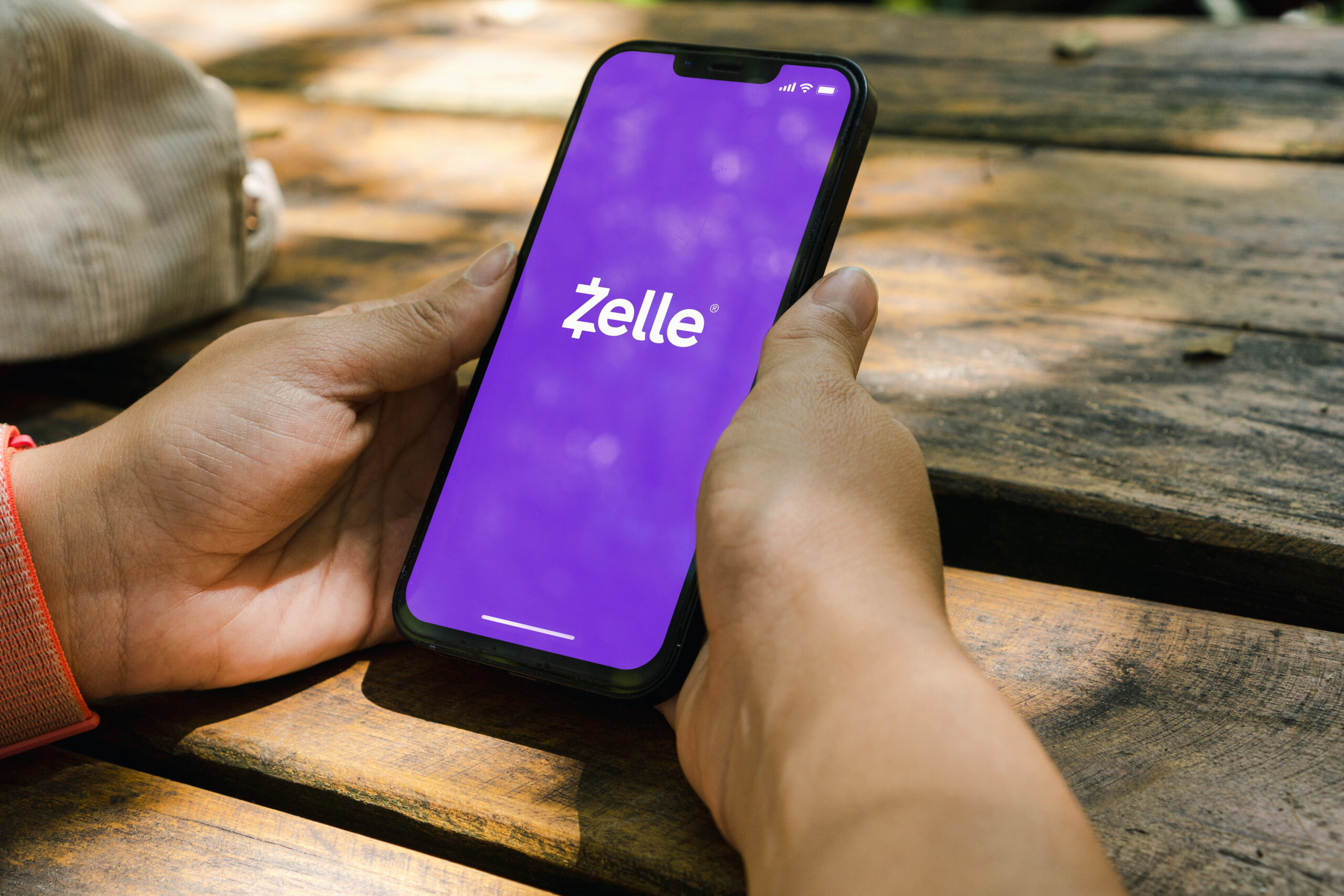Microsoft’s Xbox division finds itself at a pivotal juncture. While it boasts a dedicated fanbase and a strong library of exclusive titles, it’s grappling with an identity crisis. Is it a hardware powerhouse, a game subscription service, or a cloud gaming platform? The lack of a clear focus has left Xbox trailing behind its main competitor, Sony’s PlayStation, in the current console generation. This article delves into the challenges facing Xbox and emphasizes the urgent need for Microsoft to pick a lane and execute a focused strategy.
The Identity Crisis: Jack of All Trades, Master of None
Xbox’s current predicament stems from its attempt to be everything to everyone. It’s invested heavily in hardware with the Xbox Series X and Series S consoles, while simultaneously pushing its Game Pass subscription service and xCloud cloud gaming platform. While each of these offerings has its merits, the lack of a clear priority has resulted in a diluted message and confused consumers.
Hardware: A Costly Endeavor
The traditional console model, where hardware sales drive profits, is becoming increasingly challenging. The high cost of developing and manufacturing cutting-edge consoles, coupled with the ongoing chip shortage, has made it difficult for Xbox to compete with Sony’s PlayStation 5 on price and availability. Furthermore, the rise of cloud gaming and subscription services is threatening the long-term viability of the console market.
Game Pass: A Double-Edged Sword
Xbox Game Pass, with its vast library of games for a monthly fee, has been hailed as a revolutionary service. However, it’s also raised concerns about its impact on game sales and developer profitability. The subscription model incentivizes shorter, less ambitious games, as developers are paid based on player engagement rather than outright sales. This could lead to a decline in the quality and variety of games available on the platform.
xCloud: The Future, But Not Yet
Cloud gaming, where games are streamed from remote servers, has the potential to disrupt the entire gaming industry. Xbox’s xCloud service is at the forefront of this technology, but it’s still in its early stages. The reliance on high-speed internet connections and the limitations of current streaming technology mean that xCloud is not yet a viable replacement for traditional consoles or PCs.
The PlayStation Advantage: A Focused Strategy
In contrast to Xbox’s scattered approach, Sony has maintained a laser focus on its PlayStation consoles. The PlayStation 5 has been a massive success, thanks in part to its strong lineup of exclusive titles and its clear positioning as a premium gaming experience. Sony’s focus on hardware has allowed it to build a loyal fanbase and establish itself as the market leader.
The Way Forward: Picking a Lane and Executing
For Xbox to succeed in the long term, Microsoft needs to make some tough choices. It needs to pick a lane and execute a focused strategy that plays to its strengths. Here are a few potential paths:
- Hardware Powerhouse: Double down on the Xbox Series X and position it as the ultimate gaming machine for enthusiasts. Invest in exclusive AAA titles and cutting-edge technology to differentiate it from the competition.
- Game Pass Juggernaut: Make Game Pass the centerpiece of the Xbox ecosystem. Focus on acquiring and developing a diverse library of high-quality games that appeal to a broad audience. Offer exclusive perks and benefits to subscribers to drive loyalty.
- Cloud Gaming Pioneer: Embrace xCloud as the future of gaming. Invest in infrastructure and technology to make cloud gaming accessible and affordable to everyone. Partner with developers to create cloud-native games that leverage the unique capabilities of the platform.
The gaming industry is rapidly evolving, and Xbox cannot afford to stand still. Microsoft needs to make a decision and commit to a clear strategy. The longer it waits, the further behind it will fall. The future of Xbox hangs in the balance.










Add Comment